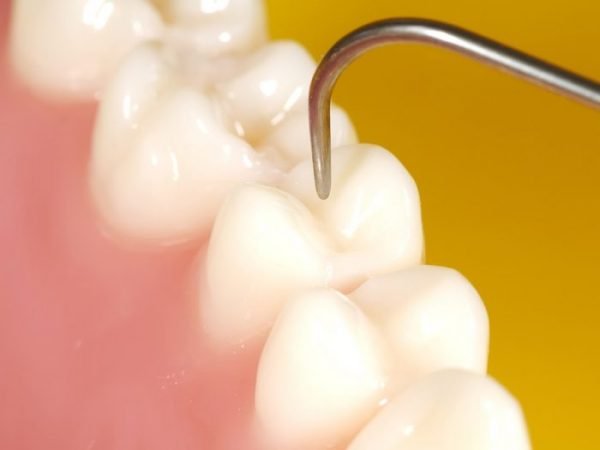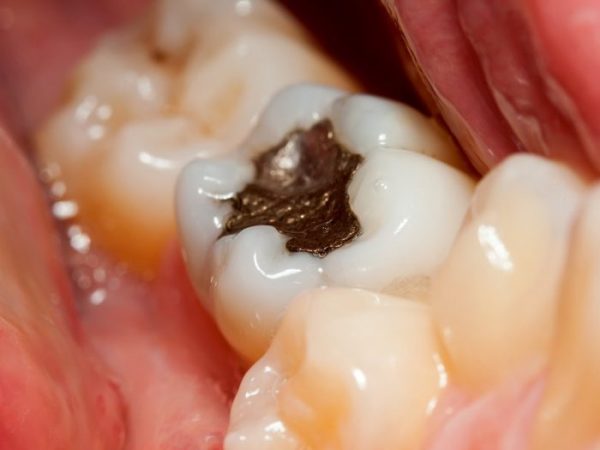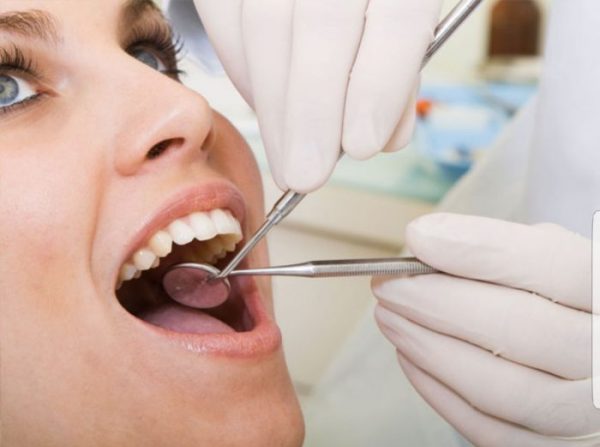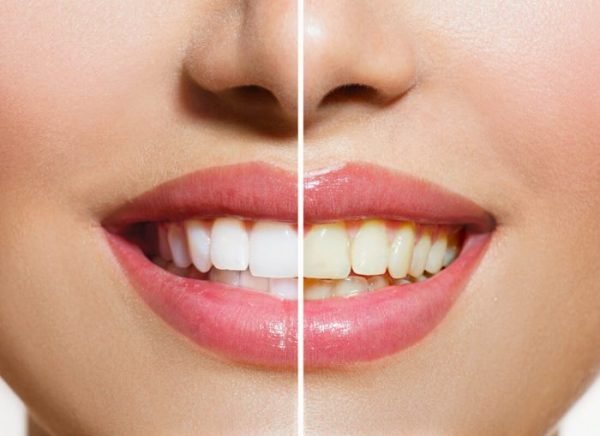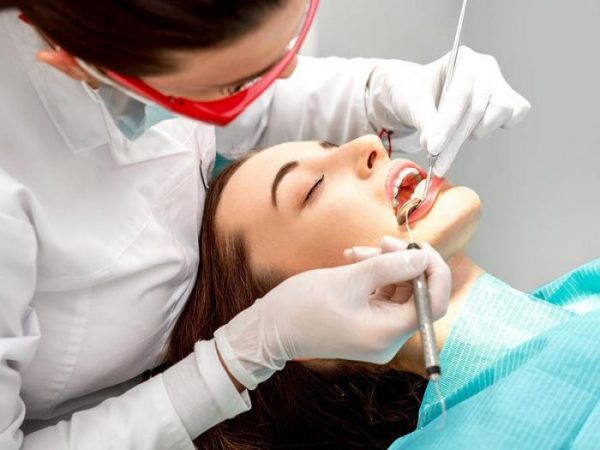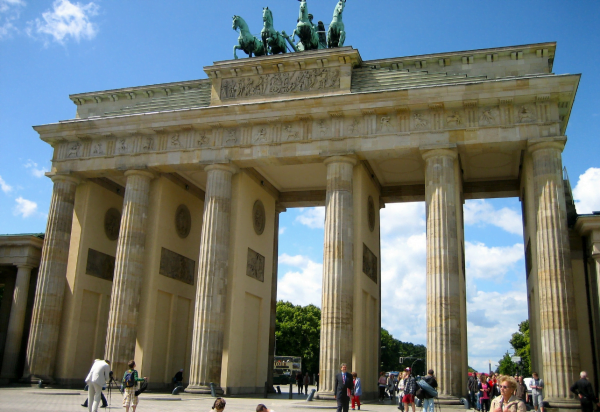ABOUT WISDOM TEETH EXTRACTION
Wisdom teeth usually appear in the teenage and sometimes in the early twenties; these are the final set of molars. Normally, they emerge as an asset to the mouth but in case of misalignment, they grow horizontally due to which the neighboring teeth are pushed and the mouth is crowded in case of insufficient room. In this case, if impacted teeth, a space is provided to bacteria leading to a possible infection as the teeth partially erupt or cannot erupt at all through the gum.
Both the problems that wisdom teeth produce are growing as discussed above, whether the teeth are impacted or misaligned facing the issue of insufficient space, minor surgery may be the result to remove them. As soon as, the problem is minor, local anesthesia numbed into gums is enough to perform the surgery. However, if the problem is serious, like removing several teeth at one time or a tooth is trapped below the gums, general anesthesia may be used instead.
The early twenties is the recommended age to remove the wisdom teeth as the bone goes denser with inclining age. The surgery at an older age can cause problems as the healing and recovery may take longer
Wisdom teeth extraction is recommended for
- Wisdom teeth which are short of room for eruption
- Wisdom teeth that grow horizontally against the other teeth.
- Wisdom teeth trapped beneath the gum that lead to infection
- Decayed wisdom teeth
TIME REQUIREMENTS FOR THE EXTRACTION
- The average length of stay abroad: is 1 – 2 days.
If a patient is removing several teeth at once, it is recommended for him to stay for a few days before traveling when there is pain or if he is struggling to speak.
- Time off work: 1 – 2 days.
It is recommended to take a few days to recover.
COMPARE WISDOM TEETH EXTRACTION PRICES AROUND THE WORLD
| Country | Cost |
|---|---|
| United Kingdom | 252€ |
| Costa Rica | 179€ |
| Hungary | 75€ |
| Mexico | 72€ |
| Poland | 70€ |
| Spain | 60€ |
| Thailand | 30€ |
HOW TO FIND QUALITY TREATMENT ABROAD FOR TEETH EXTRACTION
About 14 million patients fly abroad every year to receive medical care where sometimes hurdles are produced in seeking a doctor or taking an appointment. We have devised a platform, the Intclinics to allow the patients access to the top doctors and clinics around the world. If you are wondering about the best Wisdom Tooth Extraction clinics, simply open Intclinics, type on the search bar, and find numerous treatment spots across the globe.
BEFORE WISDOM TEETH EXTRACTION ABROAD
The condition of teeth is identified by taking an x-ray of the teeth. The teeth are extracted by a dentist when they are not impacted. The case of impacted teeth is forwarded to a Maxillofacial surgeon. The infected teeth are not extracted directly, rather the infection is treated using antibiotics, and then the surgery is carried out once the infection is healed.
The procedure starts with numbing the teeth with local anesthesia. If the patient demands the removal of all the wisdom teeth at once, then general anesthesia is used. In the case of general anesthesia, the patient will fast from the previous midnight before extraction.
HOW IS THE PROCEDURE IS PERFORMED
In the case of complete eruption of the tooth, the dentist will administer the anesthesia and then remove the tooth simply with forceps. The case of impacted teeth is a bit complicated as the dentist or surgeon will first cut the gums and then extract the teeth. This process may cause the teeth to break due to which the teeth will be pulled in parts. In the end, the extraction site will need stitches for better recovery.
Anesthesia
Local anesthesia is used in most cases.
Procedure duration
The Wisdom Tooth Extraction takes 1 to 2 hours.
WHAT TO EXPECT AFTER WISDOM TOOTH EXTRACTION
Post-procedure care
The patients should adopt a relaxing position, preferably raising the head a little while lying down to reduce bleeding. The extraction site should be cleaned from blood using cotton gausses. The doctor should advise a suitable painkiller (but not Aspirin as it may worsen the bleeding). The swelling can be reduced by placing an ice pack from time to time on the cheeks for the first 24 hours. Soft foods are recommended in the first few days. The use of straws and smoking is can loosen the blood clot; so, it should be avoided.
A risk that may occur during the healing process is dry socket. It happens when somehow the blood clot is loosened and the bone below the gum is exposed. The dentist should carefully handle this condition by covering the area with an anesthetic cover until it’s proper healing. The dentist should be notified of any post-surgery problems especially if there is a dry socket.
Possible discomfort
After the extraction of teeth, there may occur a little discomfort which will last for a few hours. If there is some soreness in the area, it will end within 24 hours or above.
IMPORTANT THINGS TO KNOW ABOUT WISDOM TOOTH EXTRACTION
Potential risks
- Bleeding
- Infection
- Swelling
- Jaw bone damage
- Nerve injury
- Dry socket
- Sinus exposure (when removing upper teeth)
FREQUENTLY ASKED QUESTIONS
How long the procedure takes depends heavily on how complicated the procedure will be. This depends on several factors unique to your case, including how severely impacted the teeth are, how many teeth are being removed, and what complications are involved. The surgeon may be able to give you an estimate during your consultation.
During the procedure, your surgeon will use local, intravenous, or general anesthetic to control your pain. Under local anesthetic, the area where they are working will be numb but you will be awake and alert. With intravenous sedation, which may or may not also involve local anesthetic, it will feel similar to being drunk but you will not feel any pain. Finally, under general anesthetic, you will be asleep throughout the procedure.
You are likely to experience pain for 48 to 72 hours after the procedure, although there may be some soreness lasting up to a week. Your doctor will prescribe you a medication for pain management if necessary.
As wisdom teeth erupt (“grow in”) they are sometimes impacted, which means they come in at an angle or otherwise abnormally. Sometimes they are too close to other teeth. This can cause pain or make it difficult to keep them clean. If this is the case, your dentist will usually recommend extraction.
Wisdom tooth extraction is a surgical procedure like any other.
Wisdom tooth extraction is a safe and relatively common procedure, with a low rate of long-term complications. Possible complications include dry socket, which is a condition that happens when the surgical area does not heal properly and part of the bone is exposed. There is also a risk of infection, adverse reaction to the anesthetic, nerve damage, and damage to other parts of the mouth. Long-term complications are very rare.

